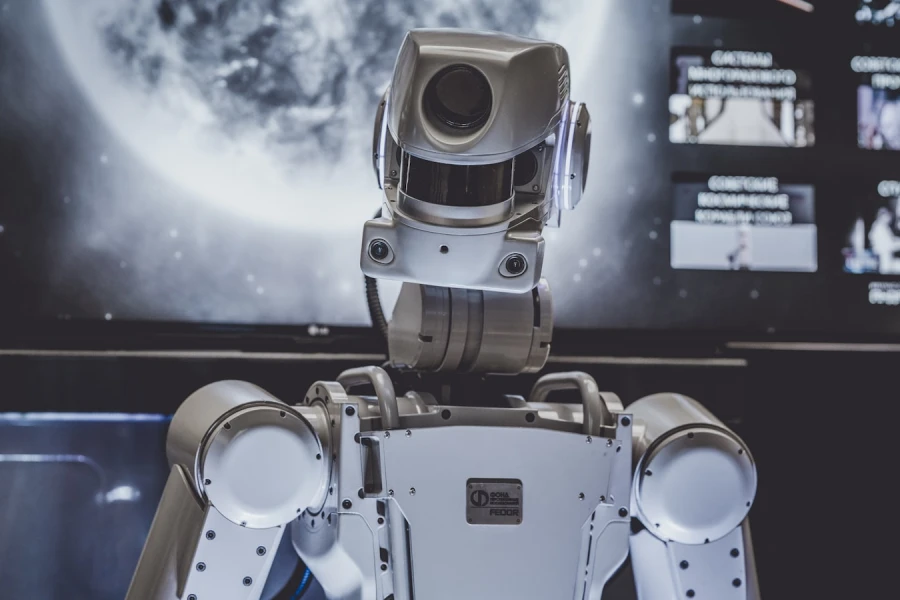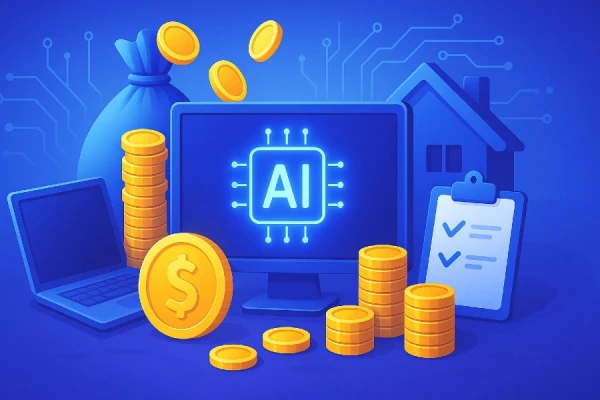In 2025, global adoption of artificial intelligence (AI) reached over 85% of companies, affecting approximately 40% of the workforce through automation and the introduction of "intelligent agents." Roles such as administrative assistants, drivers, and recruiters are among the most at risk, while organizations are proactively establishing upskilling initiatives to address this transformative shift.
Since the first quarter of 2025, the Technology and Innovation Report by UNCTAD highlights that 40% of jobs in both developed and developing countries face automation risks, particularly in transportation, logistics, and customer service sectors. UNCTAD stresses the importance of social protection policies and reskilling programs to prevent widening economic disparities during this transition.
The Asia-Pacific region provides tangible examples of these changes, with 53% of business leaders having incorporated AI agents to fully automate internal processes. Microsoft's April 2025 Work Trend Index reveals that 84% of leaders in APAC believe AI enhances work capacity, while employees increasingly view AI as a "thinking partner" rather than a mere tool.
Sridhar Vembu, founder of Zoho, asserts that robots will not eliminate jobs but could erode the middle class without appropriate fiscal and social policies. He emphasizes that jobs relying on creativity, empathy, and specialized skills—such as arts, elder care, and agriculture—will endure, provided there is adequate government support.
Academically, Associate Professor Giuseppe Carabetta of the University of Technology Sydney warns that in Australia, AI has already taken over administrative tasks for therapists, implemented customer service chatbots, and automated scheduling systems. Carabetta points out that cost reduction, rather than efficiency, is the primary driver behind these adoptions.
The World Economic Forum's 2025 Future of Jobs Report notes that 50% of companies plan to change their business models, and 40% intend to relocate or downsize parts of their workforce. Meanwhile, 85% are preparing to allocate substantial budgets for upskilling. Sectors like renewable energy, green technology, and data analytics are projected to experience rapid growth.
To mitigate social impacts, international organizations recommend new taxation frameworks, basic income schemes, and public-private partnerships in training programs. In Europe, the European Commission launched the "Eu-AI Pact" to fund AI training for 10 million workers by 2027. The United States is currently debating the "AI Workforce Upskilling Act" in Congress.
Despite significant challenges, many industry leaders remain optimistic, viewing AI as a catalyst for creating new jobs in research, development, human-machine interaction design, and AI-based services. The success of this transformation depends heavily on coordinated policies, education initiatives, and sustainable investment.








Responses